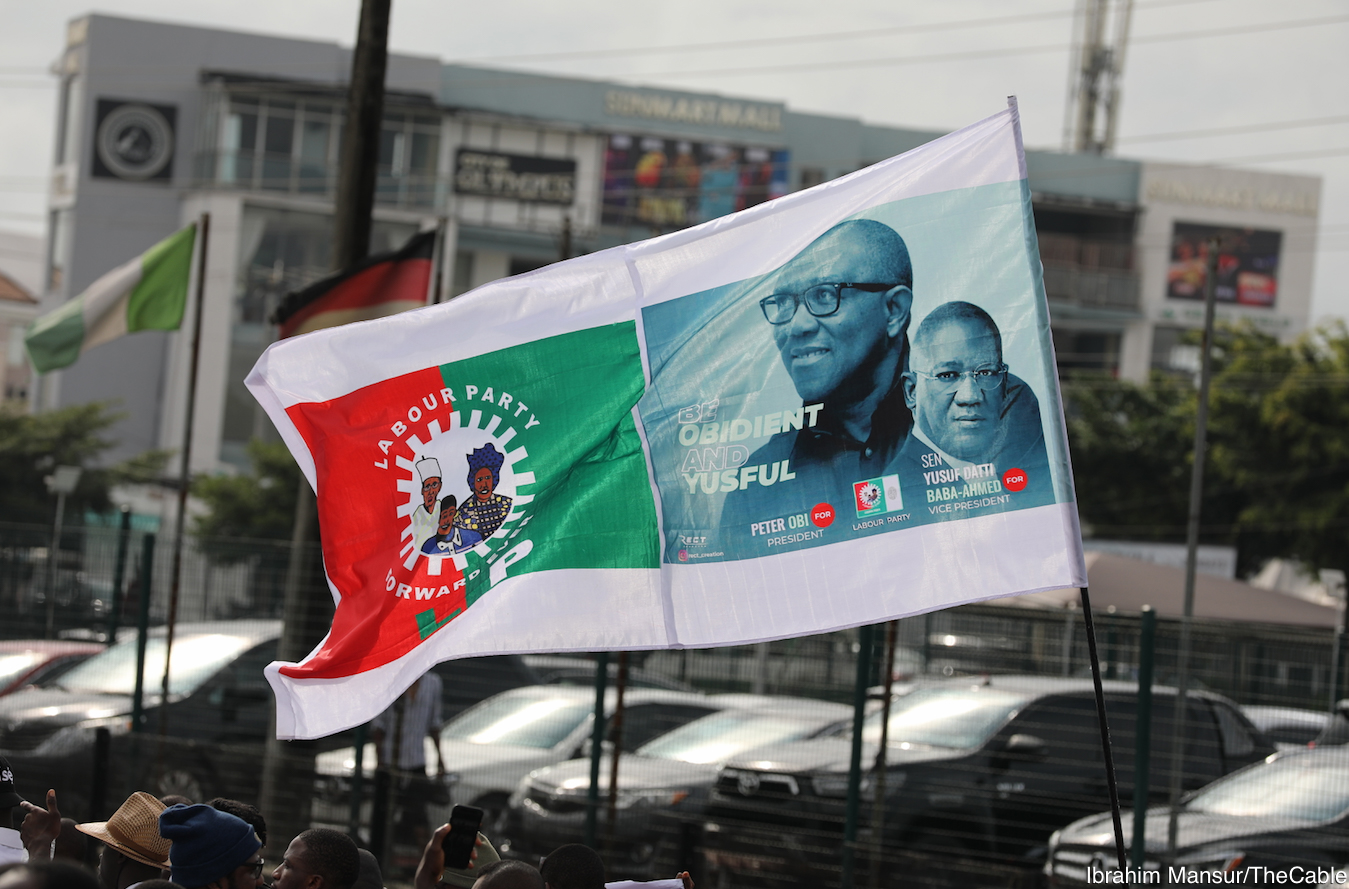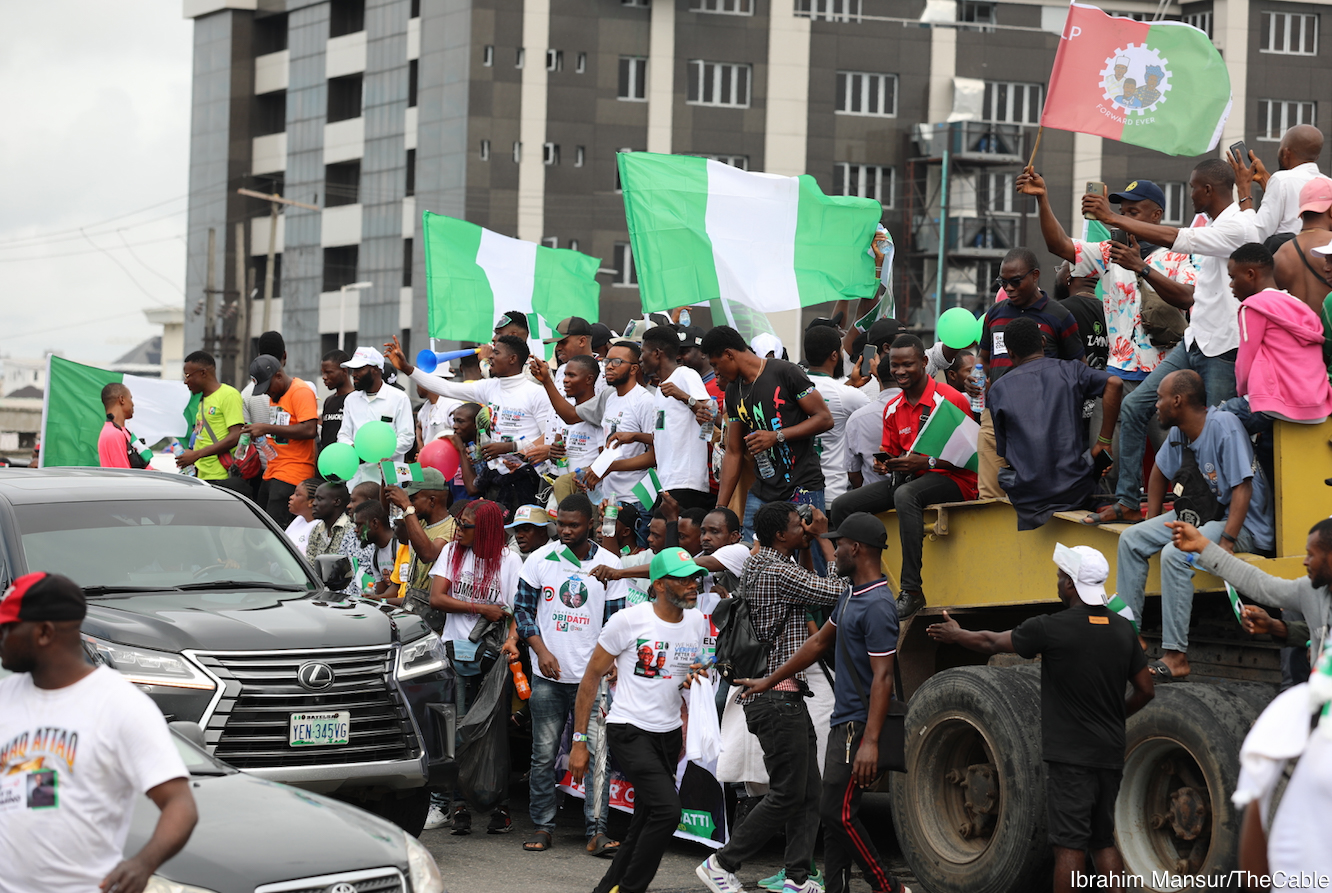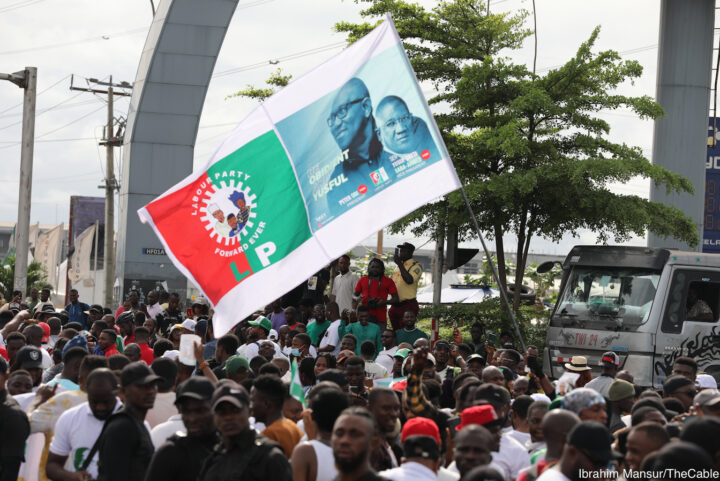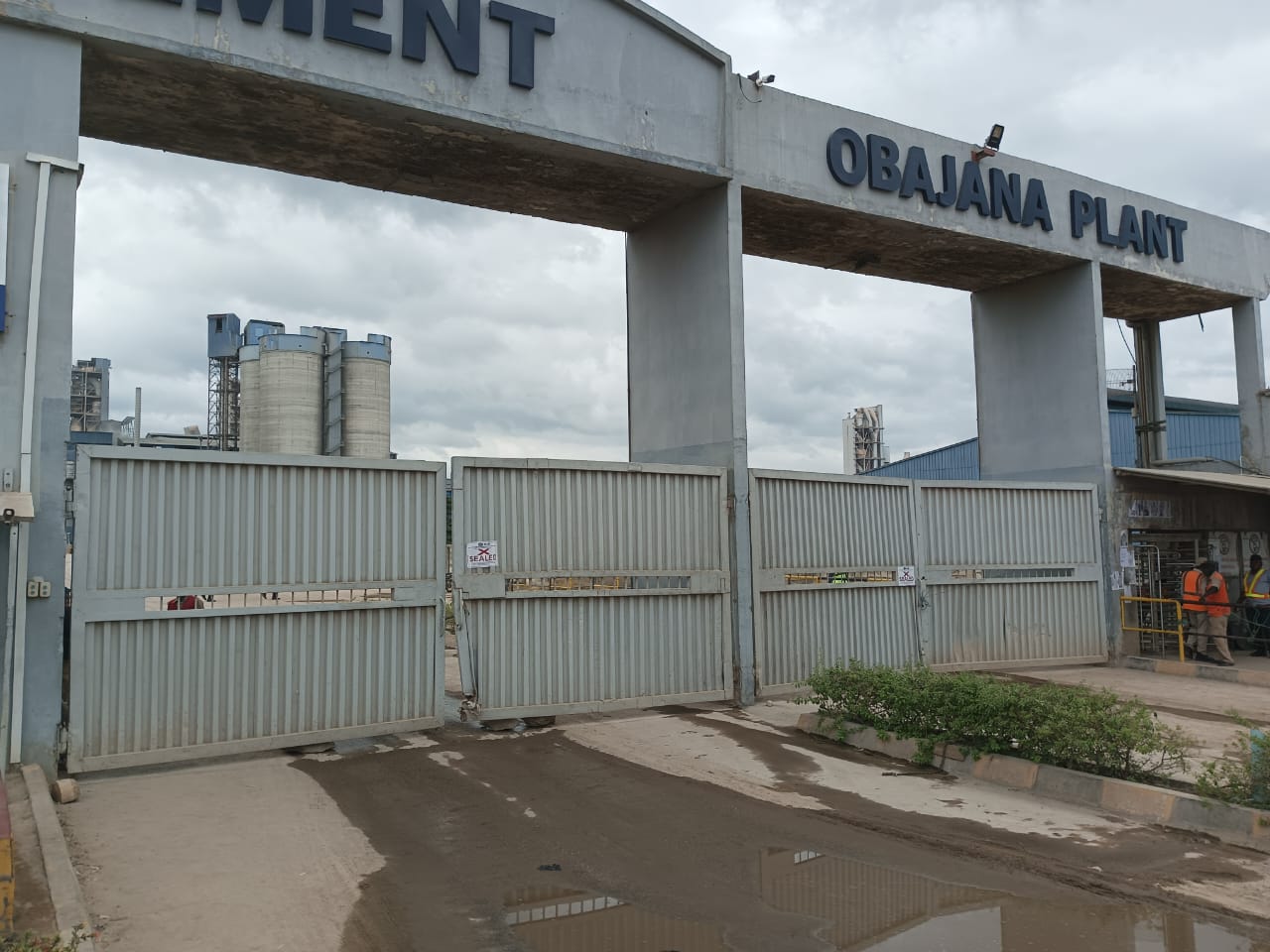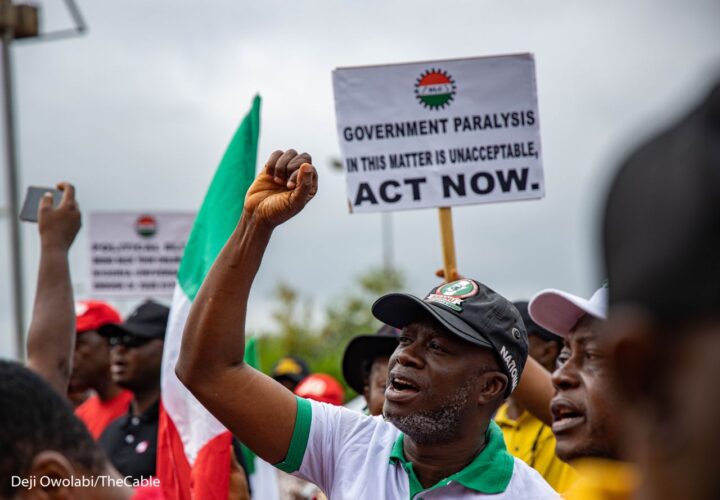BY BAYO OLUPOHUNDA
Before I proceed, let me state in advance that I do not share the bigoted opinions of detractors and political opponents of Peter Obi who have tried, albeit unsuccessfully, to taint his presidential candidacy with the IPOB-Biafra agitation brush. As the race to 2023 reaches fever pitch, it is becoming glaring, as many have argued, and debatably so, that Peter Obi’s appeal, especially among Nigerians, is evidence of a historical shift from the status quo that has defined our politics for decades.
However, while I do not share the opinions of those who have boxed Obi into Nigeria’s ethnic fault lines, I do believe that Obi’s Igbo ethnicity will continue to haunt and be used to define his candidacy depending on who is deploying it to further their political agenda. But one reason why this ethnic politics and the man at the centre of it matters, stand out. First, the debate about Igbo’s marginalisation at the presidential level has continued to dominate political discourse since the transition to civilian rule. Indeed since the end of the Civil War, conversation about the place of the Igbo nation and the average Igbo man and woman has been a never-ending discourse. But one fact has become incontrovertible, Obi’s candidacy is redefining politics and political participation by Nigerians as we know it.
As Buhari’s eight-year tenure winds into an excruciating close, Nigerians seem eager to get this chapter of their collective destiny, blighted by unprecedented nepotism, insecurity and an economy in ruins out of the way. Despite the administration’s touting of infrastructure as a signature achievement, the spate of insecurity and a collapsed economy resulting from the deplorable state of the naira against the dollar and the ever-increasing debt burden have impoverished Nigerians and cemented the country’s reputation as the global poverty capital. Nigerians are still finding it hard to reconcile the man who contested a record four times and who had promised to rescue a country teetering on a cliff edge to a man whose administration is mired in nepotism and clannishness in his quest to perpetuate the dominance of his Fulani ethnic group on Nigerians.
Advertisement
As Nigerians eagerly await the seventh presidential elections in 2023, three leading candidates have emerged for the highest office but one unlikely candidate has emerged and is capturing the imagination of Nigerians. Online, his followers are famously and infamously known as the Obidients or the variant ObiDatti movement. Unlike the former President Goodluck Jonathan whose campaign claimed to be the breath of fresh air when he contested against the incumbent Buhari in 2011, Obi is considered by Nigerians and supporters as the fresh air among old horses who seem to carry a lot of baggage into the election.
Bola Tinubu, former governor of Lagos and APC national leader, has faced a lot of criticism about the source of his wealth and what many have considered as his failing health. Then there is Atiku Abubakar, Nigeria’s former vice president under Olusegun Obasanjo who has defied his party’s zoning policy to stand for the presidency. But supporters of Tinubu have taken exceptions to this categorisation and are crediting him as the ‘architect’ of modern Lagos and discovering leaders in the mould of the current works minister, Babatunde Raji Fashola, and a host of others. But a major talking point that has dominated the political discourse is the candidacy of Peter Obi. While Tinubu and Atiku can be considered old horses in the political game, Obi’s candidacy is seen by many of his supporters as belonging to a new generation. But many have also argued that Obi cannot distance himself from the Nigerian political elite class having been a governor of Anambra state and a vice presidential candidate to Atiku Abubakar in 2019. Obi’s detractors are also doing everything to reflect his Igbo identity in his politics.
In my view, Obi’s candidacy can represent two opposites which, for the first time, can coexist and shatter the historical narratives that have made it impossible – an Igbo presidency with a pan-Nigerian mandate. Peter Obi can be the answer to the marginalisation of the Igbo ethnic group as far as the presidency is concerned. One defining characteristic is the support the Labour Party candidate is getting from Nigerians and the youth population across political divides. Indeed, there have been massive rallies across the country of Obi supporters who believe 2023 is the time to take power from the two dominant political parties, the Peoples Democratic Party and the All Progressives Congress. Obi himself has been paying visits to many politicians and interest groups, also drawing criticism from those who want a clear break from the past.
Advertisement
However, in spite of the aggressive, idealism and exuberance of the youths driving Obi’s candidacy and popularity, especially on social media, he seems to understand that to win the presidency in a deeply fractured country like Nigeria, you will need everybody, including those who have been accused to be the architect of the failures he promises to fix. How can Obi break the jinx that has kept his ethnic group from ascending the commanding heights of Nigerian leadership and become the first president of Igbo extraction with a pan-Nigerian mandate since the end of the Civil War? Is this even achievable given the place of Igbo in the Nigerian nation? Obi seems aware of how his ethnicity impacts his candidacy. The choice of his vice presidential candidate, Datti Ahmed, from the prominent Baba-Ahmed family of Zaria, northern Kaduna, has given it an ethnic spread that recognises Nigeria’s ethnic fault lines.
No doubt, the 2023 election has once again revived the Igbo nation conundrum as they seek political relevance in a political system that seems to perpetually shut them out of the Presidency since Azikiwe and Ekwueme. Obi who is the closest Igbo man to the presidency since Ekwueme seems to represent the fears and aspirations of supporters who nurse the hope that he possesses the ability to provide the leadership that will take Nigeria out of the woods and the yearnings of an ethnic group who also want to feel a sense of belonging in a federation in which they feel marginalized.
But this hope seems dampened by those who are convinced that Igbos should never occupy the highest position in the land. Apart from the existing Igbophobia that dates back in history, the Igbo’s role arising from the fall out of the first coup of 1966 has continued to have political consequences for the entire Igbo nation as the dominant Hausa-Fulani ethnic group believe the coup led by Major Kaduna Nzeogwu and Ifejuna was specifically targeted to wipe off its political elite at the time. Echoes of this blighted part of Nigeria’s history still reverberate today and are being used to campaign in the core north against Igbo candidates vying for the highest political office in the land. The northern political class is also averse to supporting the Igbo presidency and this may be the reason why the north is silent about supporting Obi. Convincing the north as a power and voting bloc will be one hurdle Obi has to cross for widespread acceptance among the region’s powerful elite who still hold generational grudges dating back to 1966 against the Igbo which I considered unjustified as the entire Igbo nation cannot be held responsible for the actions of a few military officers. Moreover, lives were lost in the ensuing violence that should have served as lessons of history as we forge a new nation.
In conclusion, I believe Peter Obi is on the cusp of history if he can rally the support of Nigerians from all political and ethnic divides that make this complex nation. He has popularity and appeal among Nigerians especially the youth population who constitute the biggest voting bloc. Obi, if elected, maybe the bridge to realising the elusive Igbo presidency with a Pan-Nigerian mandate.
Advertisement
Views expressed by contributors are strictly personal and not of TheCable.
Add a comment
